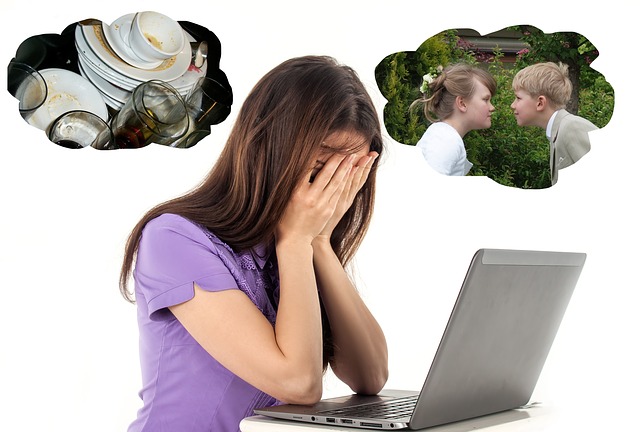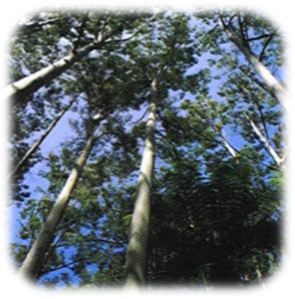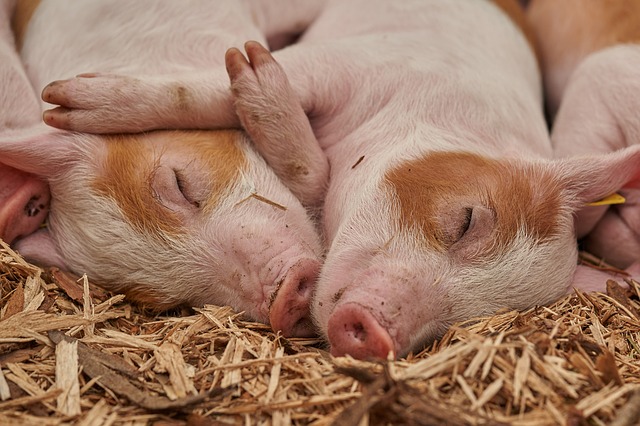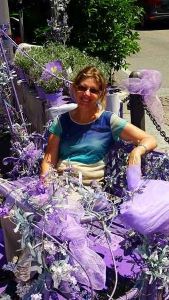
Stress Prevention & AromatherapyStress Prevention, Burn-Out & How Aromatherapy Can Help You As we all know, running a business whether from home or the office is rather stressful, especially when juggling it around family life. It's not even the constant interruptions or the children pestering you all the time, and think you should be playing with them because you are at home. I personally find it is more trying to reserve energy to keep the house maintained when all I really want to do is create and design, and enclose myself into my own little world, and then discovering what you thought would just be an hour has suddenly turned into 3 or 4. Oops!  And then there's the essential stuff we have to do, like bookkeeping, time management, marketing, and the list goes on. So how can one keep ones energy constantly flowing while keeping the stress levels down? Now we've all heard of Aromatherapy, and it is commonly known as the smelly stuff on the supermarket shelves, and these days it is so mass marketed that it is losing its use as a genuine therapy. The broad definition of aromatherapy as defined by Jan Kusmirek is: 'The use of pure essential oils to seek to influence, to
change or modify, Holistic aromatherapy incorporates the pharmacological, the psychotherapeutic and the metaphysical activities of essential oils. It can be used as an alternative to herbs, homeopathy, Bach Flowers, etc., however I personally incorporate all these modalities. So what can you do with Aromatherapy and stress? The options are endless, and all individual. Take yourself back to Nature, where the true essence of Aromatherapy and Life starts. My personal favourite is rainbow spotting (not hard to do with our current weather pattern) and soaking in a hot bath for an hour or standing under a high-pressure shower for 10 minutes. Others prefer to go for a run; I’ve known some to chase sheep at One Tree Hill (connecting with their Inner Child?). Wearing your favourite fragrance (perfume/aftershave). And don’t forget HUGS!!! We need 3 hugs a day to survive, 8 hugs a day to grow! (Spiritually, emotionally and physically in the case of children.) Have You Had Your Hugs Today???!!!
A great way to receive a hug and aromatherapy at the same time is one that has a massage attached to it from a loved one! Sneaky, eh… Common Methods of Aromatherapy application include:
There are precautions that do need to be taken. Some Essential Oils should not be used if you are Pregnant (check out my handy list on esesntial oils and pregnancy), have High Blood
Pressure, very Low Blood Pressure, suffer from Epilepsy (even childhood cases
that no longer occur). Essential oils should not be applied directly to your skin unless it is Lavender being applied to a burn or insect bite. Some essential oils are known as balancing e.g. Lavender. To go to sleep - 1 drop on a tissue by your pillow, to stay awake use 3-4 drops. As you can see the difference in quantity is very subtle (20 drops = 1 ml), but the effect on the body is huge. Also prolonged use of one essential oil can lead to either intolerance or ineffectiveness. And some give you the munchies big time (like Ginger), so you do need to be selective if you are trying to lose weight.
So how do you choose an oil that is right for you - SNIFF IT!! If you like the smell, your body needs it. If it makes you feel nauseous or you just find it putrid - don't buy it, it's a waste of your money, and you won't change your mind. And there are at least 5 alternatives to each oil, with similar properties, and one will be right for you. For those who are more scientific (like myself), oils have chemical constituents, and it is these that do the work. Within 10 minutes of an oil being applied to your skin (via a carrier e.g. Jojoba or Apricot oil), it is active in your blood stream, which is why Aromatherapists have to study Anatomy and Physiology and Pathology. In France only GP's are aromatherapists, and use essential oils in lieu of antibiotics through internal dosaging. In NZ this is not permitted, and is considered to be illegal and unethical with our code. For those of you who are thinking – it’s too late, I’m already STRESSSEDDDD... – you may be interested in the Burn-out stage. I know what it’s like, I have been there! I gave up my project management job in the construction consulting industry due to severe burn-out which was antagonized by OOS – so severe that I couldn’t cuddle or lift my 3 year old son when he was sick. Aromatherapy massage is a wonderful way to slowly rejuvenate yourself and to reconnect your spiritual self with your mental self. There are so many wonderful oils to assist you with this process, and I thoroughly recommend you try this under the guidance of an experienced aromatherapist who can cater to your personal needs. Anti-oxidants, bioregulatory medicine and naturopathic supplements are also of great assistance and also looking at your dietary habits, as you are what you eat. Oil Blends that Can Help Prevent/Relieve Stress Listed below are some ideas you may want to play with. I haven’t listed quantities as that is purely individual, however the recommendation is to start with 1 drop of each and slowly add more drops of one of the oils to get a blend that makes you feel great. Frankincense & Lemon Sandalwood & Lime Cedarwood & Petitgrain Vetiver & Spearmint An easy way to use these formulas is in a roller ball bottle that you can apply to your pulse points whenever you need that lift. I like to add my oils to a blend of Jojoba and Meadowfoam Seed oil as they hold the scent better and are less likely to go rancid in a warm environment. If you have any queries, please drop me a line... and... relax!
Originally written June 2005 updated with images October 2019 images courtesy of Pixabay & Adobe
|




 By Tania Cottew,
By Tania Cottew, 
